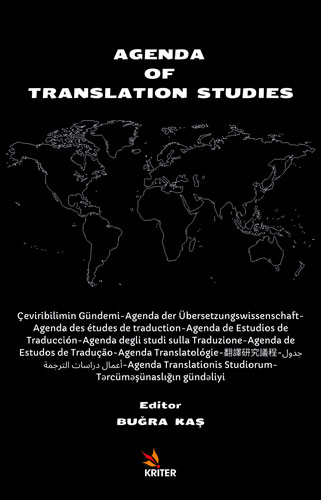
The presented publication comprises studies that concentrate on the current issues in the field of translation studies and translator training. Considering the up-to-date requirements of the translation market and the translator´s profession, the authors explore the enhancement of graduate critical thinking that is essential in the context of social and educational changes; they prove the benefits of CAT tools in literary translation, namely text consistency, reduced cognitive effort, and higher quality of translation; they suggest to renovate the classic processing steps of interpreting with the preparation of interpreting and feedback from the audience. The researchers illustrate the long-term influence of translation on shaping the public's perception of law and on domestic and foreign policies of the countries and demonstrate that in spite of the technological turn in the field of translation professional translators are inevitable for post-editing MT outputs or for localizing video games. Therefore, as the publication emphasizes, a systematic and scientifically grounded approach should be taken to address the professionalization and institutionalization of the translation that would foster growth and quality in the translation industry and make a translation studies graduate comprehensively equipped for both local and global economy.
Assoc. Prof. Dr. Miroslava Gavurová
Translation and Interpreting, Faculty of Arts, University of Presov